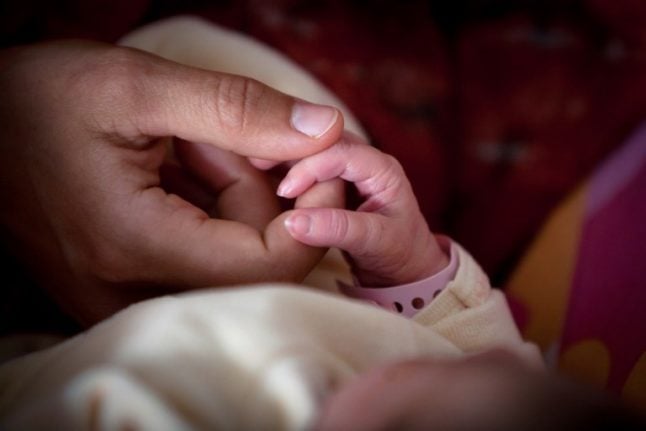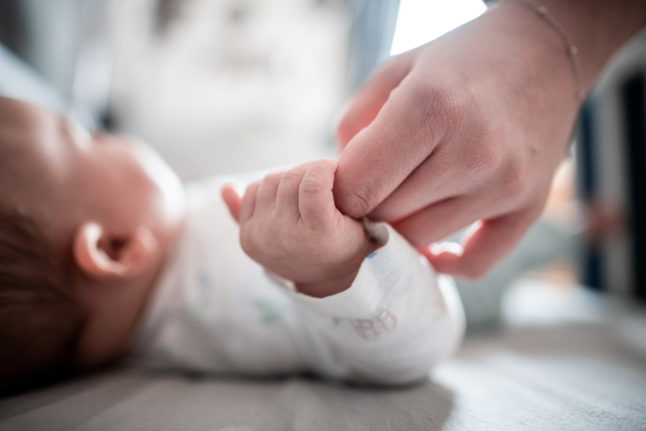
BABIES
France launches probe after 11 new cases of babies born without arms in rural region
Eleven more cases of babies born with missing or malformed arms in France have come to light, the public health authority said Tuesday, adding to a medical phenomenon for which no cause has been found.
Published: 31 October 2018 09:30 CET

Photo: AFP
The 11 additional cases were identified through hospital records in the Ain area, near the Swiss border, between 2000 and 2014.
Ain is one of the three French “departments” or administrative areas where cases of the upper limb deformities have been registered, along with Brittany on the West coast and Loire-Atlantique, south of Brittany.
On Wednesday Francois Bourdillon, head of the Public Health France agency, told RTL radio that the probe was “underway” and the results would be known “in about three months.”
“We are going to look into all the suspect cases,” Bourdillon said.
His announcement came after France's Health Minister Agnes Buzyn announced last week that a new investigation would be launched into the birth defects of 14 babies born with stunted or missing arms since 2007, half of them in Ain. That was before the 11 new cases in the Ain were announced.
In an October 4 report, France's public health agency said it had found no “common exposure” to substances that could explain the deformities.
While the cause of the defects are unknown, research has shown that exposure of the mother to certain chemicals or medication during the pregnancy can increase the risk.
Last week, Buzyn told French news channel LCI that environmental experts would join health experts in investigating the cases to try to shed light on the phenomenon.
In the 1950s and 1960s, thousands of babies around the world were born with missing or stunted limbs linked to the use of the drug thalidomide, which was used to treat nausea in pregnant women. It was banned in the 1960s.
READ ALSO:
Url copied to clipboard!


 Please whitelist us to continue reading.
Please whitelist us to continue reading.
Member comments